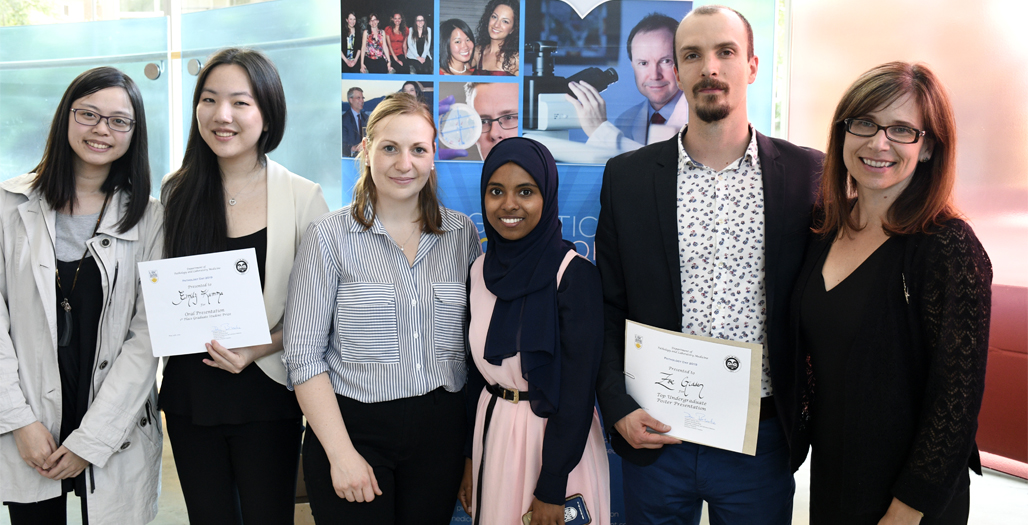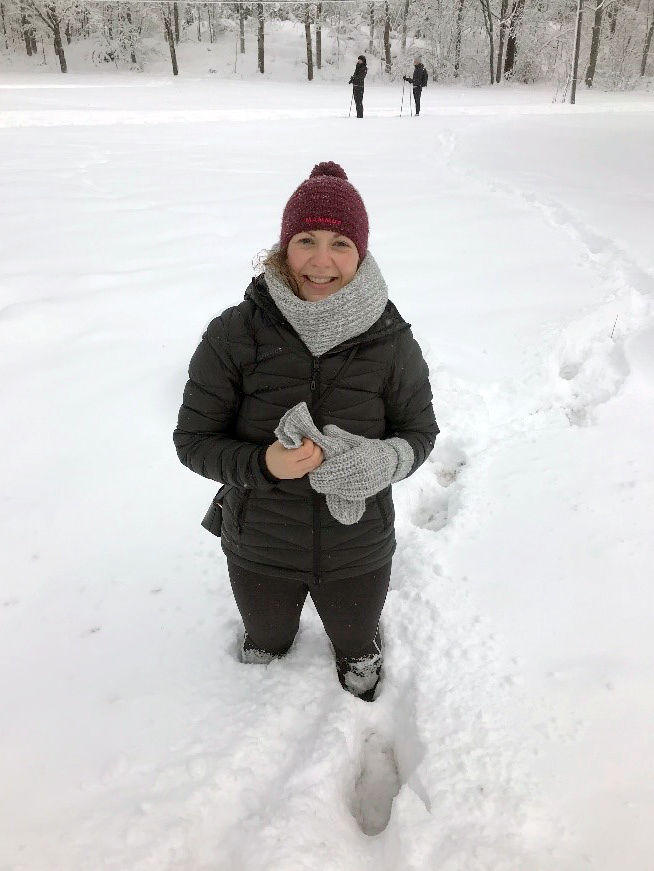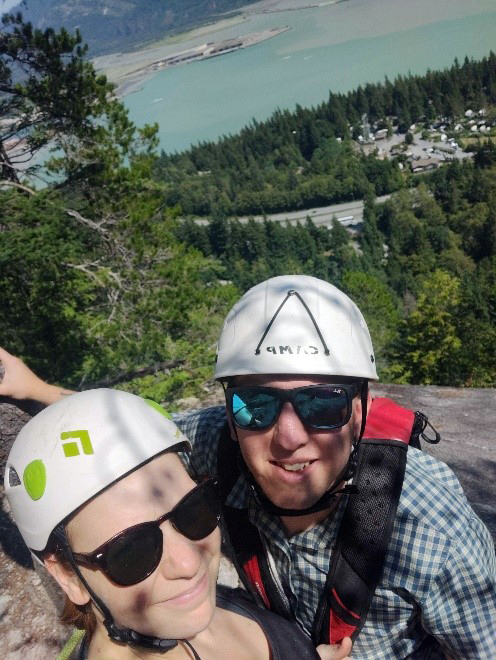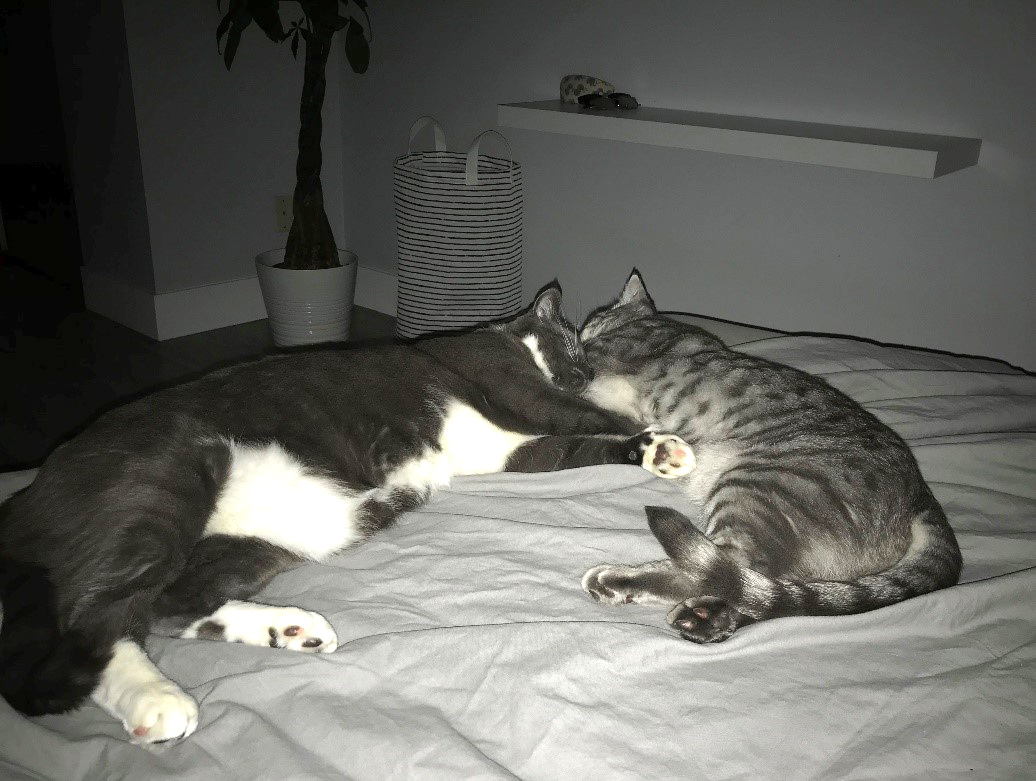Meet Dr. Melanie Pieber, the Department’s newest postdoctoral fellow
I was born in Austria as the younger of two girls. After graduating from high school I was the first one of my family to attend university. I did my bachelor studies in medical and pharmaceutical biotechnology at the University of Applied Sciences in Krems, a small private university in lower Austria. I have always enjoyed spending time abroad, therefore I decided to do my bachelor thesis work at the Johns Hopkins University in Baltimore. It was a great opportunity to get a first glimpse of what real research looks like at a big university and it was an amazing experience. After coming back from Baltimore, life in a small town started to get a bit boring so I decided to get a change of scenery. I moved to Berlin, Germany, to do a master's in molecular medicine at the Charite Berlin.
I spent the best three and a half years of my life in Stockholm. The research environment at KI is fantastic. No one is afraid of sharing their results or asking for advice and reaching out to start new collaborations.
After finishing my studies I decided to do a PhD, and what would be a better place for that then the home of the Nobel Prize in Physiology and Medicine? I couldn’t think of any so I embarked on a new adventure in yet another new country and moved to Stockholm, Sweden, to do my PhD studies at the Karolinska Institute (KI). I spent the best three and a half years of my life in Stockholm. The research environment at KI is fantastic. No one is afraid of sharing their results or asking for advice and reaching out to start new collaborations. It was an amazing time which made me flourish as a young researcher. My PhD thesis work focused on microglia depletion models and how microglia can contribute to neurodegenerative diseases if certain factors are missing in the microglia niche. Our work significantly contributed to understanding how macrophage and microglia niches are regulated and how an imbalance in this delicately regulated system can lead to devastating diseases. I worked in the group of Prof. Harris, who supported me in anything I wanted to do and still is supporting me with reference letters and advice whenever I ask him.
I met Dr. Quandt at a conference in Brisbane, Australia, in September 2018. One of my colleagues happened to talk to her and found out she was looking for a postdoc, so he gave me her contact information. Eager as I was, I immediately started to look for her in the crowd and eventually was able to sneak up on her and say hello. We had a nice chat and after a couple of calls after returning back to Sweden we decided it would be a good fit. I defended my thesis on April 26th 2019 and my partner Alex, our two cats Preston and Aaton and I moved to Vancouver just 3 days after. I started my post doc here at the Department of Pathology on May 1st and it’s been great so far. Dr. Quandt is an outstanding PI and mentor, never too busy to answer questions or write reference letters for grant applications. During my postdoc I will be working on projects related to neuroprotection in animal models of multiple sclerosis.
Outside of the lab, Alex and I enjoy rock climbing, hiking and camping or on rainy days just cuddling with our two fur-babies. We also like to travel, we’ve been to Sri Lanka, Bali, Tasmania, Greece and some other places and are currently planning our next trip to New Zealand in the coming spring.






